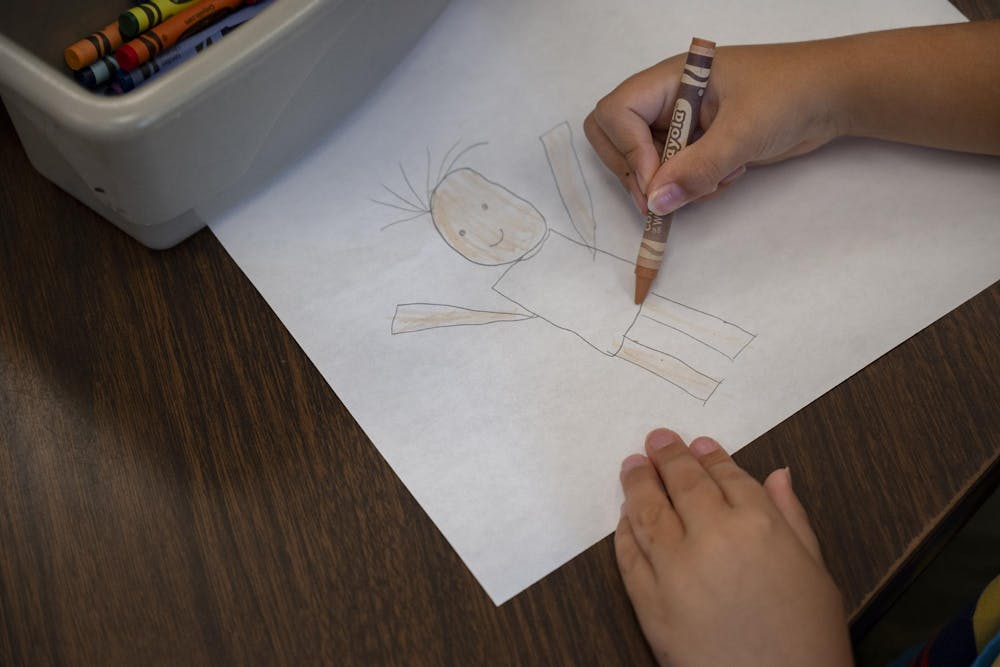In November, the North Carolina Department of Public Instruction released an interactive, centralized collection of arts education resources to increase access to new standards approved in July.
Through the hub, users can browse, download, share and adapt resources related to the new standards to fit their needs. Even with this new access, though, some arts teachers don't feel impacted by the standards.
Brandon Roeder, the K-12 music and theatre consultant for NCDPI, said the idea behind the hub was to make the new standards more transparent for all individuals who might want to view them.
“Our end goal is always to support the students, and so the person closest to that is the teacher, and then the instructional coach or district leader, the building administrator, the parent, anyone who might be involved," Roeder said. "We do our best to support arts education for all of them."
Roeder said the standards are unspecific, which allows schools to interpret and utilize them in different ways.
“We are only concerned about the what, not the how, and so our mantra in writing these standards was specifically vague,” Roeder said.
Chris Langdon, director of bands at Terry Sanford High School in Fayetteville, N.C., said because arts education is so complex and programs can vary, standards can be difficult to enforce.
Joshua Tew, director of choral music and band for Midway High School in Sampson County, said he appreciated that the standards are broad because every classroom is going to be a little different.
He also said he did not experience any noticeable differences after the new standards were adopted.



